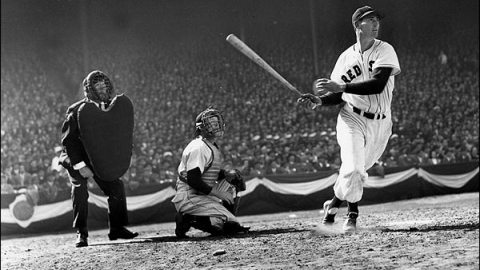Why I Celebrate People Who’ve Made Mistakes

I think the best lessons are learned from things that didn’t go right because you tend to be able to move on from them. You think about it. I’ve made ton of mistakes across my career. I’m naturally suspicious of people who claim that they never made any mistakes.
I think of the example of venture capital. So let’s say I’m a venture capitalist. I make ten investments. One of them ends up being Facebook, let’s say, incredible home run. But let’s say it’s maybe just a ten times win. Maybe a second and third triple your money, but the other seven are going to be write-offs.
But yet the human beings who are in those companies likely have gone onto another startup and another after that and learned a lot and certainly in heavy venture communities, let’s say like the Valley, Silicon Valley, there isn’t a stigma associated with trying and failing. In fact, it’s often a badge of pride that I’ve done the following different startups. It’s the idea that didn’t take traction. The people might have been perfectly good.
Now what happens when those people get inside companies? Suddenly this thought that well sometimes things just don’t fly is absolutely verboten, right. You have to be a 1,000 hitter. You have to go 10 for 10 every single time and that’s not realistic and that leads to really bad results.
So I’ve tried at various times managing teams to celebrate people who made mistakes. I’ve called them out not to embarrass them, but to say actually you know what, business involves taking risks. If you were a major league hitter and you could hit four times out of every ten at bats you’d be Ted Williams. That’s an incredible batting average. So why don’t we celebrate the six times you swung and hit a long fly ball out, but it got caught, but you learned something from that?
And I’ve tried to do that. I try and learn from my own mistakes. I try and learn also from other people’s mistakes by just watching and talking to them.
In Their Own Words is recorded in Big Think’s studio.
Image courtesy of Shutterstock





